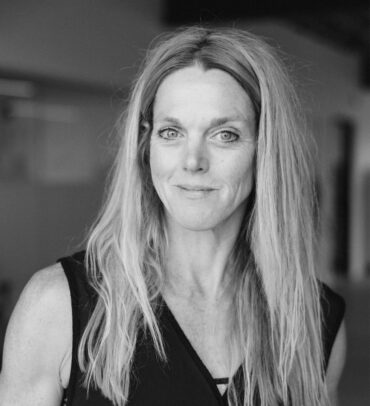Dr Stacy Sims: Track your period to train smarter
Unfiltered met with leading exercise physiologist and women’s health expert Dr Stacy Sims PhD to discover her science-backed advice and insight on how women can better train, eat, recover and life to perform at their best, including during perimenopause and menopause.
This transcript on the best supplements for women has been taken from our video interview with Dr Stacy Sims PhD. It has been edited for clarity and brevity. You can watch the full video interview here.
How should women train around their menstrual cycle?
From an elite level, there are many professional athletes that are tracking their menstrual cycle, but we don’t have enough data to make generalised recommendations from sports science. We do have really good case reports. We have anecdotal work, we have case studies, and we have information outside of sports science that we can pull in and look at how the body responds to stress and other factors across the cycle.
So the very first thing that we want people to do is track their menstrual cycle so they can understand how they respond and how they sleep across their cycle, because so much comes down to estrogen surges around ovulation.
For instance, are you someone who feels super flat around ovulation or are you someone that feels full of energy? When you start to know these nuances you can really maximise your own training.
If we’re looking at low hormone state, the particular phase of the cycle, this is where your immune system is really robust. You can access carbohydrates really well. You can push heavy, heavy loads and recover from it. It has to do with immunity and stress resilience and adaptation to stress.
And then we have a change in the immune system. We have a changeover in metabolic aspects where your body can’t access carbohydrates very well. The carbohydrates coming in are being shuttled to the endometrial lining.
We’re having more muscle tissue breakdown because the body’s like, I need more building blocks because I’m trying to build tissue. I’m trying to build the uterine lining and make it really robust in case a baby is planted.
And so from a training view your body’s fighting between training adaptations and trying to create a really good, robust uterine lining.
So when we start looking at what are we doing from a a stress and immunity and adaptation point of view, we need to think about this and how you’re responding.
So should women not lift heavy just after ovulation?
I’m not saying don’t do anything hard and heavy after ovulation, but just be cognisant of how your body is responding so you know when you can really go for it.
You might know, for instance, that on Day 18 of your cycle you always feel pretty flat and like you’re getting a cold, so that’s a day to schedule recovery.
There’s no need to stress out that you can’t hit intensity that day, because your body is just not capable of doing it that day.





